SIT Study Abroad welcomes new academic directors
August 31st, 2018 | SIT, SIT Study Abroad
School for International Training is pleased to announce the addition of an extraordinary group of distinguished academic directors on eight SIT Study Abroad programs in the coming 2018–19 academic year. These scholars and practitioners have extensive experience as teachers, researchers, writers, consultants, and policy experts in the communities and countries where their programs take place.
SIT Study Abroad takes great pride in the level of expertise represented by hundreds of faculty and staff members based in more than 40 countries around the world.
-- Dr. Sophia Howlett, president of School for International Training.
This year, SIT is offering more than 75 immersive, field-based study abroad programs for undergraduates in Africa, Asia and the Pacific, Latin America, and the Middle East, as well as comparative International Honors Program offerings in multiple locations, she noted.
In addition to teaching and advising, directors on SIT programs each lead a team that includes academic support staff, homestay and excursion coordinators, and language instructors. They coordinate student research advisors and lecturers drawn from local institutions and communities, and develop partnerships with universities, NGOs, government agencies, and community organizations.
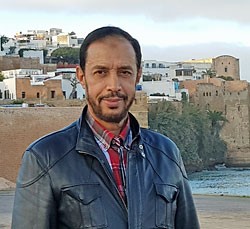
Dr. Et-Tibari Bouasla
Morocco: Migration and Transnational Identity
Et-Tibari holds a PhD in sociology from the University of Anglia’s School of Development Studies and a doctorate in anthropology from Paris-Sorbonne University. He has done extensive field research in migration and local development, identity, and integration of Moroccan immigrants in Europe; worked as an expert on migration with the Royal Institute for Strategic Studies; helped develop Morocco’s National Strategy on Migration and Asylum; and served as a youth expert for a USAID-funded program for marginalized youth in northern Morocco. Et-Tibari is connected to an extensive network of Moroccan NGOs involved in local development projects, migration, and social development. He has taught sociology and anthropology at University Mohammed V, Rabat, Morocco and abroad and was a member of the scientific committee of the International Review of Sociology (1991–2004).
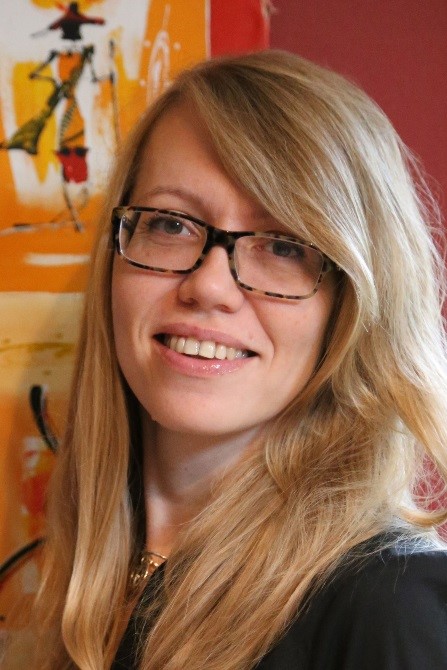
Dr. Monika Brodnicka
Senegal: Global Security and Religious Pluralism
Monika comes to SIT with experience teaching in large research universities and small liberal arts colleges in the United States, including The Ohio State University and Regis University. She received her PhD in philosophy, interpretation, and culture from SUNY Binghamton, with a specialization in African studies and a post-master’s degree in African philosophy and Islam from Université Cheikh Anta Diop in Senegal. A founding member of The Dakar Institute of African Studies, she was awarded two Fulbright scholarships to study African spirituality in Serer, Bamana, Fulani, and Dagara traditions, and continues to pursue research in those areas. Monika has published articles, encyclopedia entries, and reviews in Journal of Religion in Africa, West Africa Review, Journal on African Philosophy, The Encyclopedia of Empire, Contemporary French Civilization, and others. Her most recent publications address mystical dimensions in African religions in countries such as Senegal, Mali, and Burkina Faso.

Omar Nuñez
Mexico: Migration, Borders, and Transnational Communities
Born in Oaxaca, Mexico, Omar received a BA in Teaching English as a Foreign Language from Oaxaca State University and an MA in applied linguistics through a Fulbright Scholarship at the University of Illinois Urbana-Champaign. He is a PhD candidate in the Languages, Cultures, and Literacies program at Simon Fraser University in Vancouver, Canada. Omar’s research interests include transnational migration, identity theory, decolonizing methodologies, and critical literacies. Through his ethnographic research, he collects oral stories of elders in indigenous communities, and of Mexican-American children and parents who are forced to return to Mexico after years of living in the United States. In 2007, he founded Ollin Tlahtoalli: Centro de Lenguas y Cultura Mexicana, which works with US and Canadian universities to conduct international education programs on indigenous histories, globalization, US-Mexico relationships, and migration. He has taught at Oaxaca State University and provided intercultural awareness workshops for teachers in the United States and, most recently, for immigration attorneys providing legal assistance to undocumented women and children from Mexico and Central America. He is the main organizer of the first International Assembly for Community Development Across Borders, a forum on the social, political, and educational practices that have negatively affected marginalized communities.
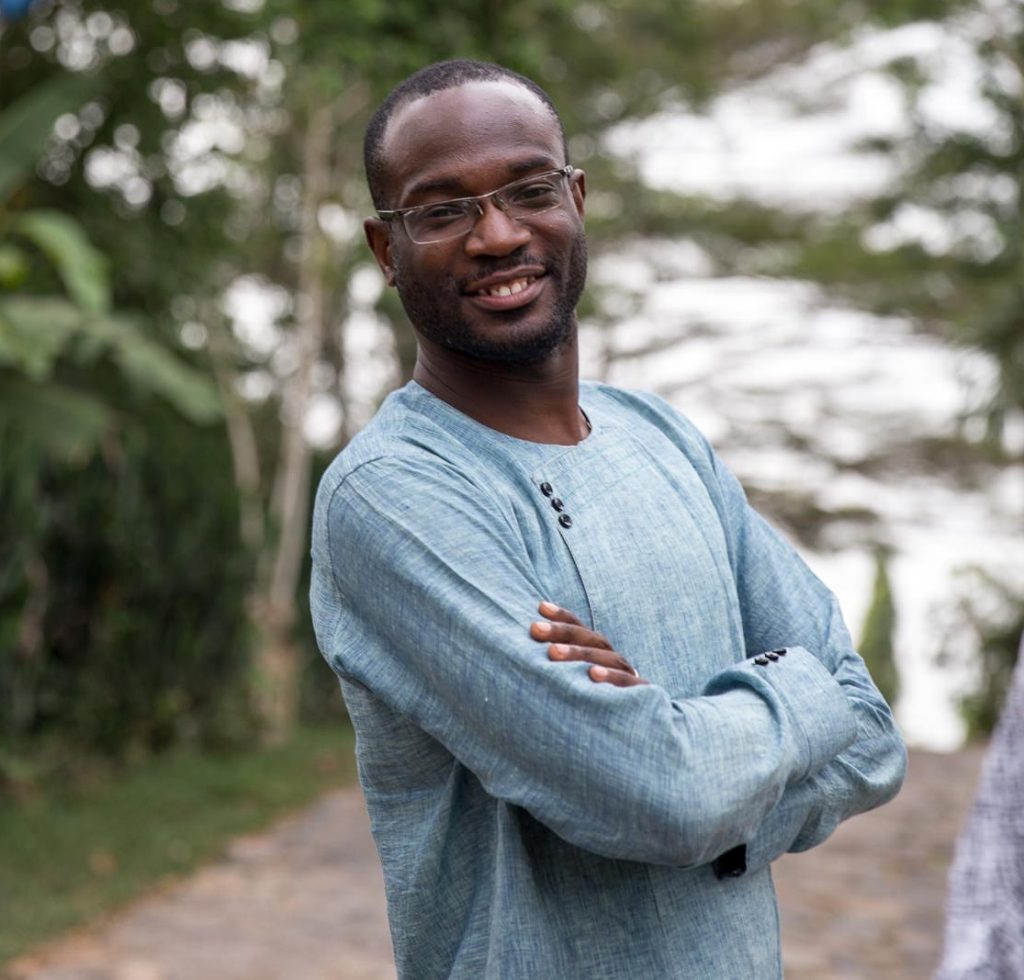
Dr. Kwabena Opoku-Agyemang
Ghana: Africa in the 21st Century
Kwabena holds a PhD in English literature from West Virginia University, where he also taught undergraduate courses in the Department of English. His research interests revolve around African literature, and he has authored publications focused on African electronic literature, video gaming, literature and gender, and oral literature. He teaches undergraduate and graduate level courses in the University of Ghana’s Department of English, where he enjoys mentoring and interacting with students. Through this program, Kwabena challenges students to examine how Eurocentric representations of Africa have downplayed the continent’s diversity and prosperity and emphasized narratives of deprivation and backwardness.
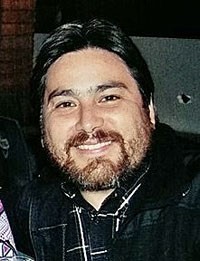
Dr. Daniel Poblete
Chile: Public Health, Traditional Medicine, and Community Empowerment
Daniel received his doctorate in social anthropology with a specialization in cultural diversity and citizenship at the Complutense University of Madrid and has completed postdoctoral studies in social anthropology at the Center for Research and Graduate Studies in Social Anthropology in Mexico City. His professional focus is on cultural recognition associated with the study of intercultural and multicultural issues, including traditional medicine and indigenous health systems, in Chile and throughout Latin America. A native of Santiago, he has worked for more than 15 years on issues related to indigenous populations in vulnerable situations, especially in northern Chile, and has conducted ethnographic work in northern and southern Chile and internationally in the Ecuadorian Andes and with Ecuadorian migrants in Madrid.
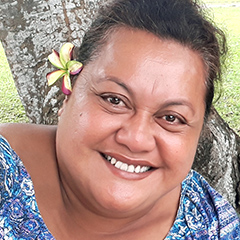
Dr. Fetaomi Tapu-Qiliho
Samoa: Social and Environmental Change in Oceania
Fetaomi earned her PhD in Pacific studies from the University of Otago, where her thesis focused on Tuvaluan communities in Samoa and Fiji and their ethnic identity and sense of belonging in diaspora within Oceania. She earned an MA with honors in Pacific studies and a BA in sociology and anthropology from the University of Auckland. She has experience working in civil society in Fiji and helped found two local NGOs that specialize in conflict transformation and peacebuilding in the Pacific. She also has experience working with the Pacific Conference of Churches as a lecturer at the Pacific Theological College. Her voluntary work has concentrated on issues such as HIV and AIDS, poverty alleviation, youth and women’s empowerment, and advocacy and community education. Fetaomi worked as an academic director for SIT in Fiji from 2005 to 2011.
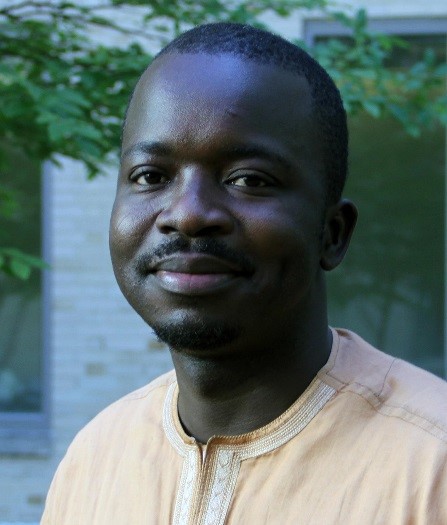
Dr. Cheikh Thiam
Senegal, Italy, and France: New Africa Diasporas
Cheikh has a BA from Université Cheikh Anta Diop in Dakar and an MA and PhD in comparative literature from Binghamton University. He comes to SIT with a background in US higher education. He served as associate professor of African American studies, African studies, and French at The Ohio State University and directed study abroad programs in Senegal over the past 10 years. He is a founding member of The Dakar Institute of African Studies and an associate editor of Research in African Literatures, the premiere journal in African literature. A leading voice in negritude studies, Cheikh is the author of Return to the Kingdom of Childhood: Re-envisioning the Legacy and Philosophical Relevance of Negritude (Ohio State University Press, 2014), the first book focusing on the philosophical work of Leopold Sedar Senghor. He was also editor of Negritude Reloaded, a special issue of Journal on African Philosophy. He recently completed a second manuscript, Negritude Beyond Negritude: Glissant, Gilroy, Mabanckou and Senghor’s Africentered Philosophy and is currently writing a mytho-biography of Leopold Sedar Senghor from the perspective of the elders of Joal and Djiloor.
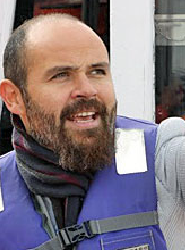
Dr. Victor Tricot
Spain: Policy, Law, and Regional Autonomy in Europe
Victor received his PhD in political science from the University of Salamanca in Spain, applying social movements theories to indigenous movements in Chile and Argentina. His academic interests also include political participation, formation of party systems, civil society and political representation, cultural identity, and social justice. He has lectured at international conferences and forums in Spain, Chile, and the United States and participated in academic projects addressing the emergence of political power within indigenous movements. He is the author of many publications on indigenous movements and political participation. Victor spent most of his childhood in Ireland, where he was born to Chilean parents in exile. When he was 10, his family moved back to Chile, where he attended school and later joined the journalism program at the University of Playa Ancha. He has a master’s degree in Latin American studies from the University of Salamanca. For most of the past decade, Victor has served as academic director of SIT’s program in Chile on cultural identity, social justice, and community development.
